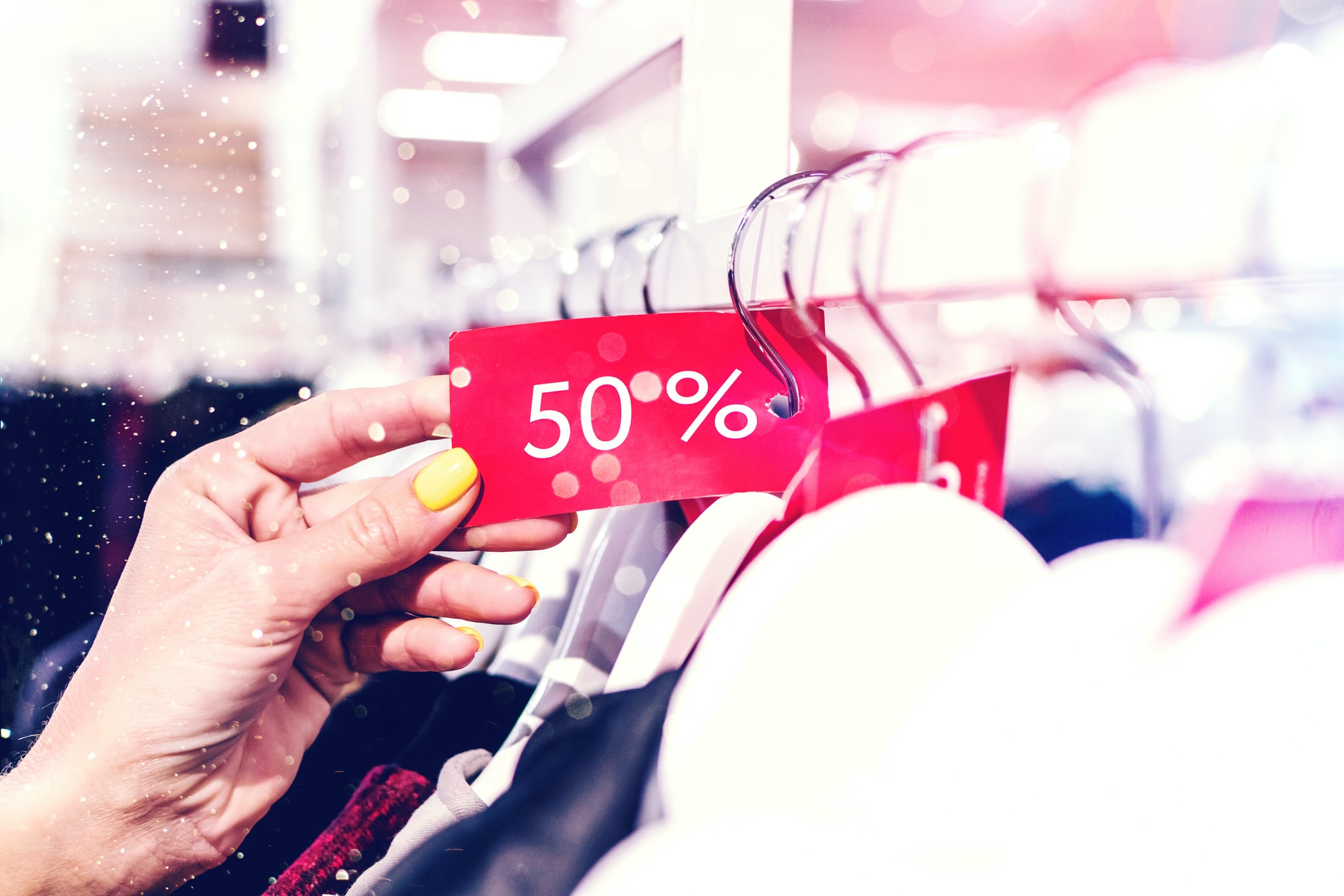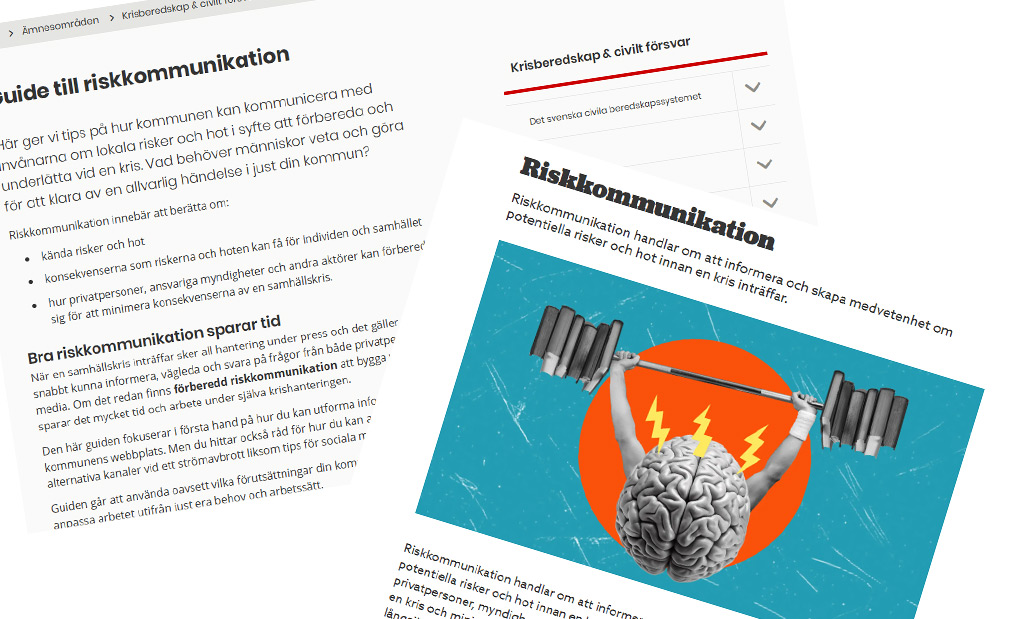TGIBF - Thank goodness it’s (Black) Friday

Foto: Unsplash
There are several consumption events advertised by leading retailers in November, including Singles Day (11 November) and Black Week.
Singles day, held on 11/11, conjures up images of “bare branches” (a Chinese expression) which celebrates being unmarried. Black Week includes both Black Friday (the last Friday in November – 26 November 2021) and Cyber Monday (Monday 29 November). In conjunction with these, Amazon Prime day (8-18 November) or Prime week means that there’s a slew of events spread throughout November. Some retailers describe them as “one day that lasts a week” - what is described as Black Friday creep.
Author
- Associate Professor
- Jönköping International Business School
- adele.berndt@ju.se
- +46 36-10 1819
Black Friday started in the US, and other promotions then started that were allied to it (e.g., Cyber Monday; Amazon Prime Day), all focusing on encouraging consumers to shop. This is done by launching promotions, usually offering a range of goods at lower prices. It is these lower prices (special offers/amazing deals etc) that are used to attract the shopper to the store or the website. While Christmas remains important for Swedish consumers, in 2020, 57% of respondents indicated that they would shop during Black Friday. Black Friday provides the opportunity to spread Christmas shopping over a longer period, which is to the benefit of both retailers and consumers.
What’s in it for the consumer?
Research suggests two major benefits associated with a consumption event like Black Friday – namely, a utilitarian benefit and also a hedonic benefit.
Utilitarian (or rational) benefits include the fact that a consumer is able buy products at cheaper prices and receive favourable consumer terms such as extended payment periods or an easy exchange process. The increased use of online shopping (linked to the recent pandemic) during Black Week has meant that consumers can access these cheaper prices from the comfort of their own homes (or armchairs), without crowds, in their own time and with very little physical effort. With the focus on the Black Friday deals, consumers can compare the offerings of various retailers, to see which offers the best deals. This comparison is even easier when done online.
But are the items cheaper during Black Friday? Some consumer bodies (in the UK) have tracked the prices of a range of products and found them to be the same price (or cheaper) at other times in the year, suggesting that the deals are not as cheap as consumers think they are. Customers can check the change in prices on shopping comparison sites where the price history of products is shown.
Black Friday is also about amusement and fun, the hedonic benefits. Consumers spend a lot of time browsing and comparing or just looking at the various items on offer. Buying items at cheaper prices are part of this fun, as consumers feel successful when they believe they have saved a lot of money by buying the product on a deal.
Sometimes Black Friday serves as a good excuse to buy yourself a present - the thing that you always wanted, which is on sale at a cheaper price. Black Friday can serve as the excuse you need. Being able to purchase a product at a cheaper price can also tempt consumers to try something new and experience the excitement that this creates. The fact that Black Friday is for a limited period also encourages consumers to act fast, as there is a limited time to get the specific deal or offer - and the associated fear of missing out (FOMO).
Conscious consumerism
But for some, there is an alternative to Black Friday. Saturday 27 November is Buy Nothing Day (köpfri dag) and is celebrated in North America, the UK, Sweden and Finland. This day is a way for consumers to protest against the overconsumption in society, and to protest this in society. For others, the decision when faced with Black Friday is rather to shop consciously, and not be drawn into the excitement of the deal. Of course, this can be very difficult as the appeal of a low price is very hard to resist!
Black Friday, Black Week, and maybe even Black Month (in the future), is with us. As consumers, we need to decide how we will approach this time of the year, how much can be spent (in our budget) and consciously decide what it will be spent on. If you need a new tablet, it is worth looking at the Black Friday deals. But just because it is on a sale, doesn’t mean it is a good deal. So, take a look at the offers but do your homework before paying the money!
References
Kanter, D and Källström, O. (2019). "Wanna browse for some Black Friday deals?": An exploratory research uncovering meanings of Utilitarian and Hedonic motivation of Swedish consumers towards online shopping on consumption events with Black Friday Weekend as an empirical example.
Simmonds, E. (2021). How to avoid fake Black Friday deals. Which.co.uk.
Detta är en bloggtext. Det är skribenten som står för åsikterna som förs fram i texten, inte Jönköping University.






